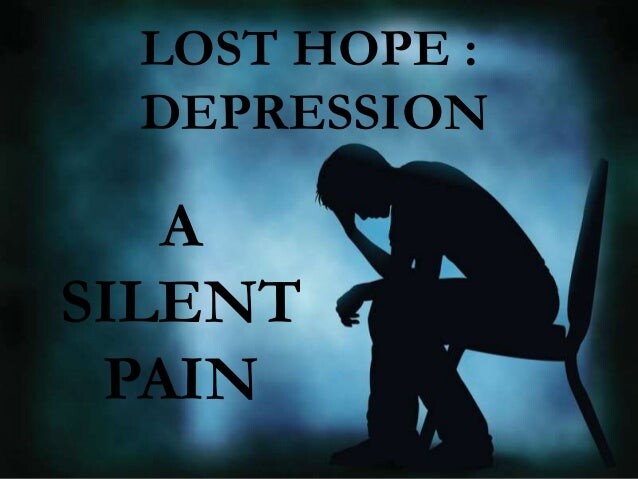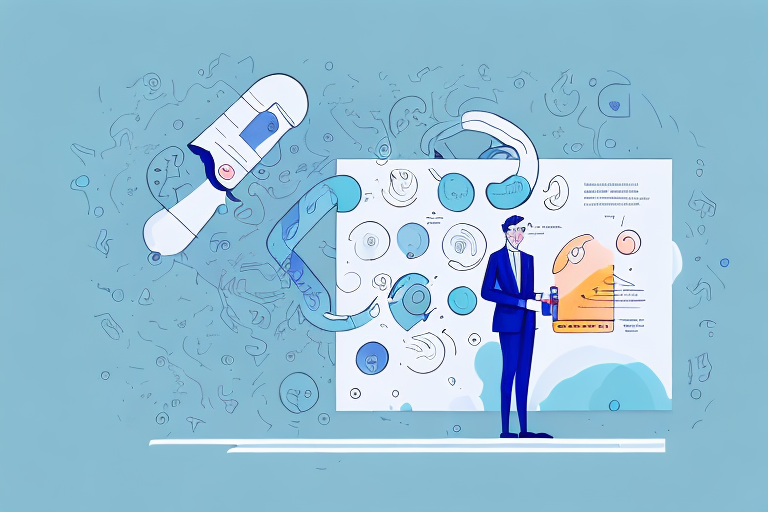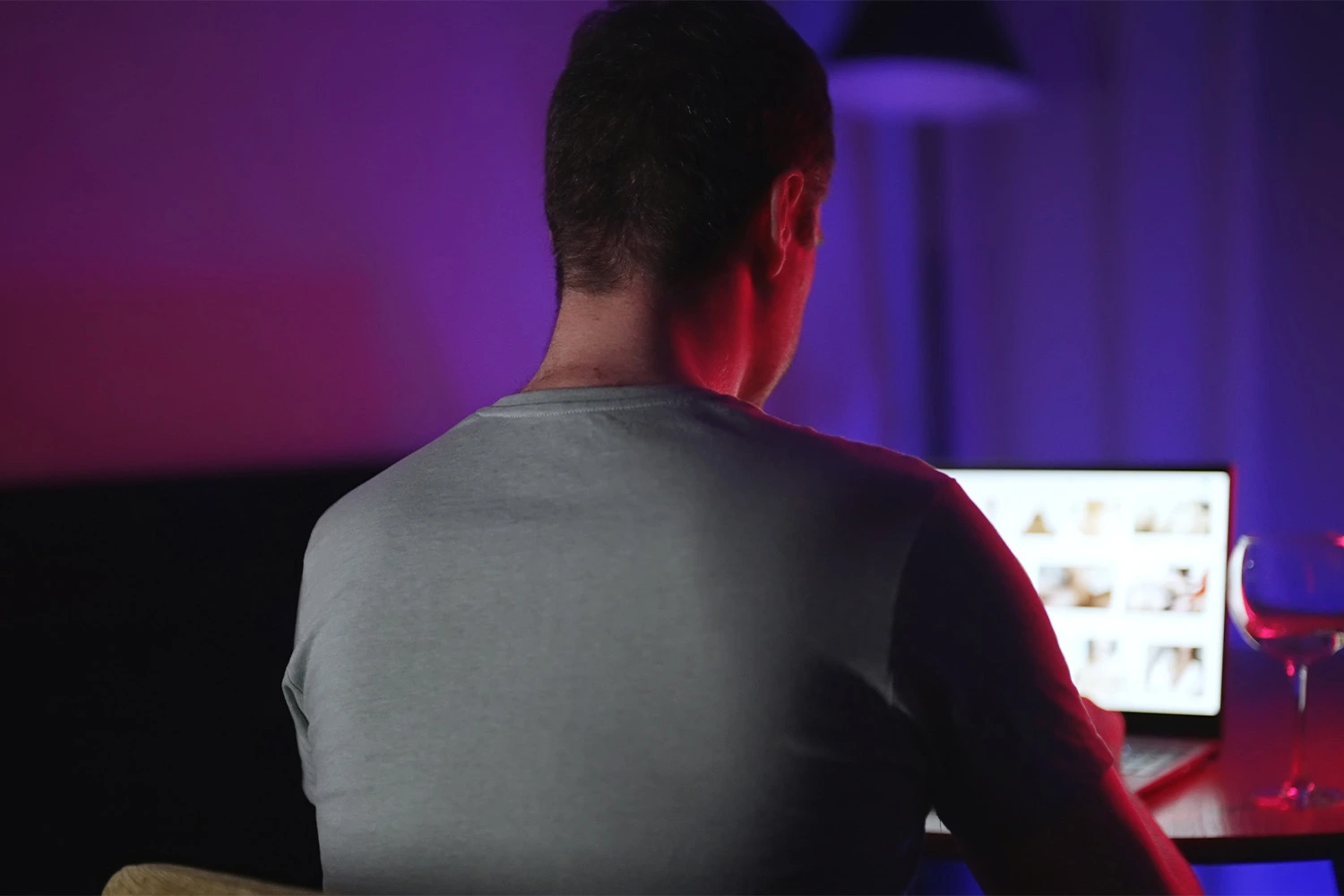Introduction
Depression in men is often overlooked or misinterpreted due to societal expectations of masculinity. However, it’s essential to recognize that men can experience depression just as deeply as women. Understanding the unique challenges men face when dealing with depression is crucial for providing effective support and treatment. In this comprehensive guide, we’ll delve into the complexities of depression in men, exploring its causes, symptoms, and available resources for help.
Exploring the Depths of Depression in Men
Depression in men manifests in various ways, often differing from traditional symptoms. While some men may exhibit classic signs such as prolonged sadness and loss of interest, others may display irritability, anger, or reckless behavior. Understanding these diverse manifestations is essential for identifying and addressing depression in men effectively.
Recognizing the Signs
Depression in men can be challenging to recognize, as they may not openly express their feelings or seek help. However, certain signs may indicate a man is struggling with depression, including changes in behavior, sleep disturbances, substance abuse, and physical symptoms like headaches or digestive issues. By understanding these signs, loved ones can offer support and encouragement to seek treatment.
Breaking Down the Stigma
One of the significant barriers preventing men from seeking help for depression is the stigma surrounding mental health issues. Society often expects men to be strong, stoic, and self-reliant, making it difficult for them to admit vulnerability or ask for assistance. Breaking down this stigma and promoting open discussions about mental health is crucial for encouraging men to seek the support they need.
Navigating Treatment Options
Effective treatment for depression in men often involves a combination of therapy, medication, lifestyle changes, and social support. Encouraging men to explore different treatment options and find what works best for them is essential for long-term recovery. Additionally, providing access to mental health resources tailored specifically for men can enhance treatment outcomes.
Supporting Loved Ones
Watching a loved one struggle with depression can be challenging and emotionally draining. It’s essential for friends and family members to offer unconditional support, patience, and understanding to men battling depression. Encouraging open communication, active listening, and empathy can make a significant difference in their journey towards healing.
Addressing Depression in Men
Taking the first step towards addressing depression in men involves acknowledging its presence and seeking help. Whether it’s through therapy, support groups, or lifestyle changes, there are various avenues for men to explore on their path to recovery. By prioritizing their mental health and seeking support, men can overcome the stigma and find hope for a brighter future.
FAQs (Frequently Asked Questions):
- What are the common triggers for depression in men?
- Depression in men can be triggered by various factors, including relationship issues, work stress, financial problems, and significant life changes.
- How can I support a male friend or family member with depression?
- Show empathy, listen without judgment, and encourage them to seek professional help. Let them know they’re not alone and that support is available.
- Can depression in men lead to other health complications?
- Yes, untreated depression can increase the risk of various health issues, including heart disease, substance abuse, and suicidal thoughts.
- Are there specific therapies tailored for men with depression?
- Some therapy approaches, such as cognitive-behavioral therapy (CBT) and interpersonal therapy (IPT), may be particularly effective for men dealing with depression.
- How can men overcome the stigma associated with seeking help for depression?
- By challenging societal norms, promoting open discussions about mental health, and emphasizing the importance of seeking support as a sign of strength, men can overcome the stigma surrounding depression.
- Is it normal for men to experience depression differently from women?
- Yes, men may exhibit different symptoms and coping mechanisms for depression compared to women, making it essential to understand these distinctions for effective treatment.
Conclusion
Depression in men is a complex and often misunderstood condition that requires compassion, understanding, and support. By raising awareness, breaking down stigma, and providing accessible resources, we can help men navigate their journey towards mental wellness. Remember, reaching out for help is a sign of strength, and no one should face depression alone.




